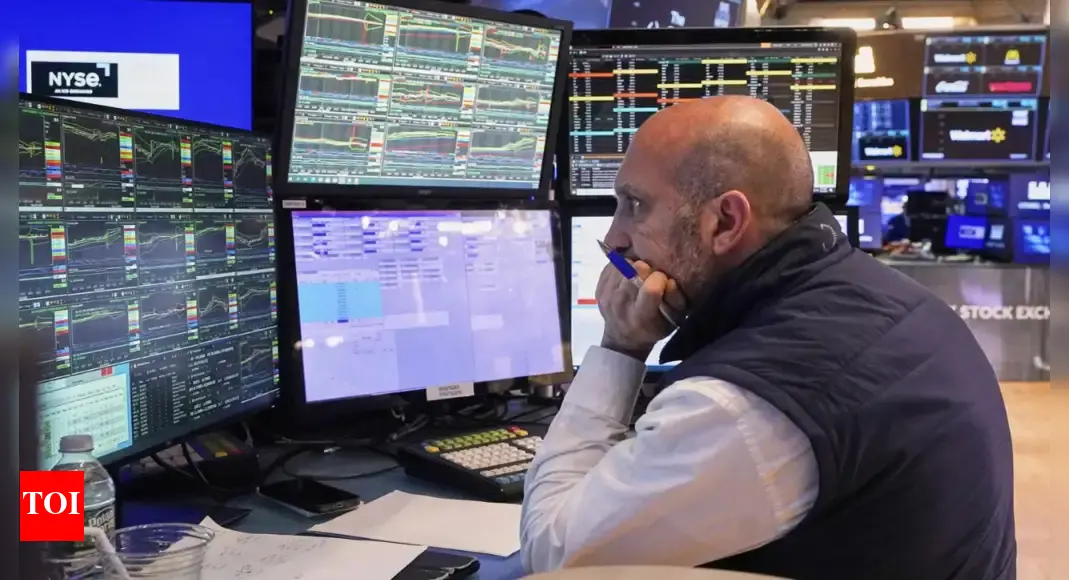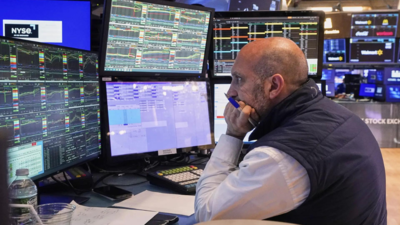US stocks traded in a narrow range on Friday, returning from the Juneteenth holiday to a market still clouded by geopolitical uncertainty and inflation concerns. The S&P 500 slipped 0.2% in midday trading, while the Nasdaq Composite dropped 0.6%. The Dow Jones Industrial Average rose 45 points, or 0.1%, as of 11 am Eastern Time.Bond yields were largely steady after President Donald Trump said a decision on whether the US would enter Israel’s conflict with Iran could come within two weeks. The window leaves room for diplomacy around Iran’s nuclear program, which has rattled global crude markets in recent days.“We’re all waiting on pins and needles to see what happens with the Israel-Iran situation,” said Brian Jacobsen, chief economist at Annex Wealth Management. “These types of situations can stress markets, but often the best way to manage that stress is to just ride through it and not try to trade it.”Oil prices have whipsawed amid fears that the conflict could choke supplies from Iran or threaten the Strait of Hormuz, a key route for global oil transport.On Wall Street, Kroger surged 8.3% after the grocer posted a quarterly profit that beat forecasts and raised its revenue guidance. CarMax gained 6% after reporting higher earnings and a 6% increase in used car sales year-on-year.Gunmaker Smith & Wesson plunged 19.5% after it missed earnings estimates. CFO Deana McPherson cited “persistent inflation, high interest rates, and uncertainty caused by tariff concerns” as reasons for subdued demand and warned of continued pressure in the fiscal year ahead.Tariff uncertainty has also led several firms to revise or withdraw their annual forecasts. The Federal Reserve has maintained its benchmark interest rate this year — most recently at 4.25%–4.5% — as it waits to assess the full economic impact of President Trump’s tariff regime.The 10-year Treasury yield inched up to 4.41% from 4.38%, while the two-year yield dipped to 3.93% from 3.94%.Global markets were mixed. Tokyo’s Nikkei 225 slipped 0.2% after Japan’s core inflation rose to 3.7% in May, complicating matters for Prime Minister Shigeru Ishiba’s administration and the Bank of Japan. European bourses traded slightly higher, with the FTSE 100 and CAC-40 both up modestly.

